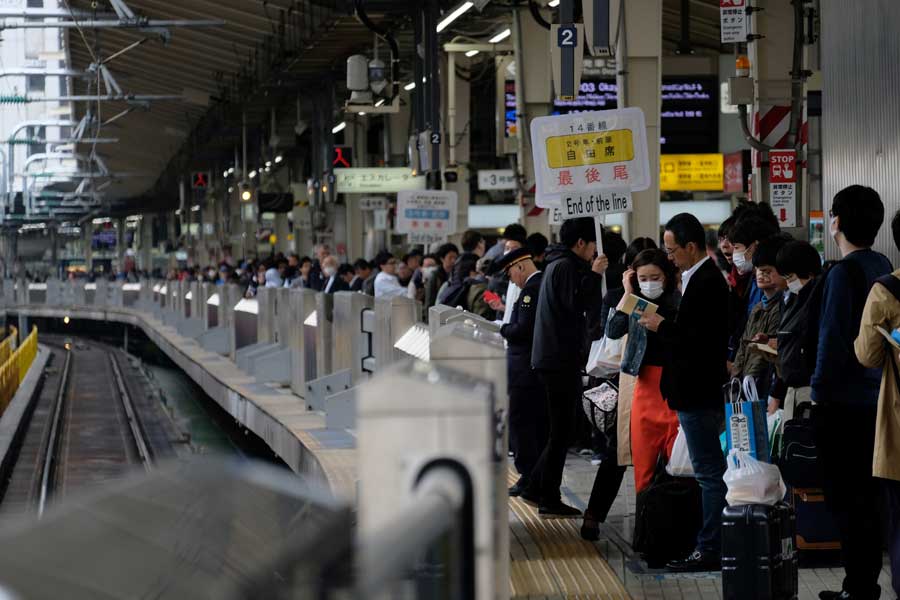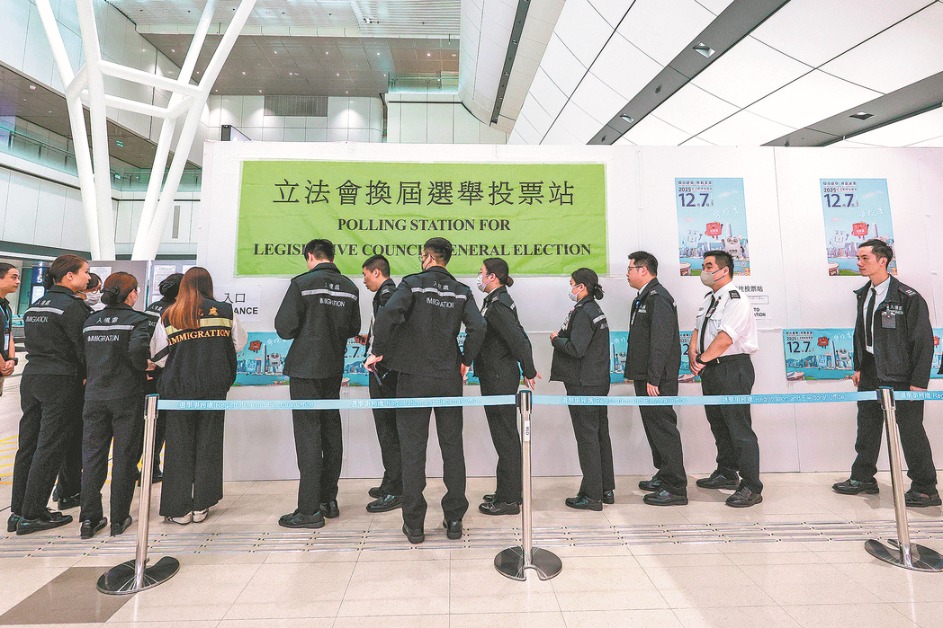Japan kicks off unprecedented long holiday
By Agencies and Xinhua | China Daily | Updated: 2019-04-29 09:27

Japan on Saturday kicked off an unprecedented 10-day holiday, including celebration days for the imperial transition, as airports were packed with a record number of travelers while people queued at teller machines in the cash-dominated nation, Agence France-Presse reported.
Japan is preparing for the abdication of Emperor Akihito on Tuesday the day before Akihito's eldest son, 59-year-old Crown Prince Naruhito, takes the throne.
The number of travelers at home and overseas during the long holiday is expected to hit a record 24.67 million, according to Japanese travel agency JTB.
The long holiday for the famously hardworking Japanese combines two celebration days with the traditional "Golden Week" in May.
While many plan to commemorate the national ceremonies across the country, others are seizing the rare opportunity for a trip at home or overseas.
A record 60,700 people were expected to go abroad from Narita airport, Tokyo's main gateway, on Saturday, NHK reported.
Kansai International Airport in Osaka, meanwhile, said that more than 800,000 people will depart from the airport to fly overseas during the Golden Week holiday period through May 6, Xinhua News Agency reported.
Domestic holidaymakers formed long queues for the Shinkansen bullet services at Tokyo station to return home or go sightseeing, while highways were crowded with vehicles in a major exodus from the capital.
Lenders were bracing for the lack of bills at cash dispensers as customers are expected to withdraw cash as banks will remain closed until May 6.
On Friday, several cash dispensers in Tokyo were temporarily out of service as people rushed to ATMs to prepare for the holiday.
Cash is king in Japan and credit cards are much less popular than in other countries, so it is common for people to carry around relatively large amounts of yen to pay for day-to-day things.
However, some people are concerned about limited public and medical services while others who have to work complain about child care.
A survey by the Asahi Shimbun daily showed 45 percent of Japanese "felt unhappy" about the long vacation, with only 35 percent saying they "felt happy".
























